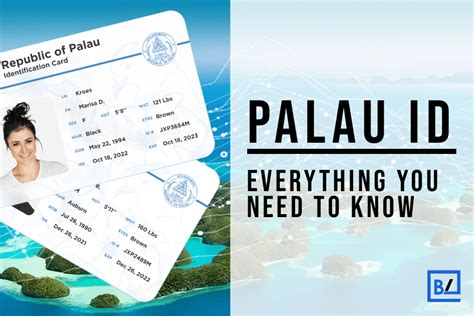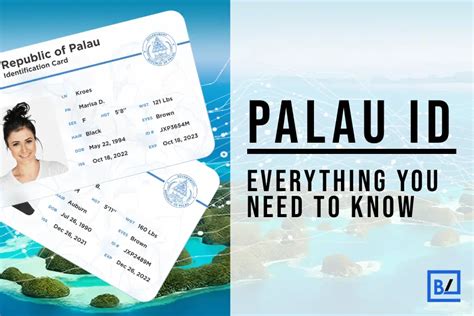Although Palau ID has been lauded for its innovative approach to digital identity, it is not without its own set of concerns and criticisms. Here are some of the key issues that have been raised regarding Palau ID:

Privacy Concerns
One of the primary concerns surrounding Palau ID is the potential for privacy breaches. The platform collects and stores a significant amount of personal data, including biometric information, which raises concerns about the security of this data and its potential misuse. Critics argue that the centralized nature of Palau ID makes it a prime target for hackers and other malicious actors, who could potentially gain access to sensitive personal information.
Data Accuracy and Reliability
Another concern with Palau ID is the accuracy and reliability of the data it collects. The platform relies on self-reporting for much of its information, which raises concerns about the potential for errors and inconsistencies. Critics argue that the lack of independent verification mechanisms could lead to the proliferation of inaccurate or fraudulent data, undermining the platform’s credibility and effectiveness.
Lack of Transparency and Accountability
Critics also express concerns about the lack of transparency and accountability surrounding Palau ID. The platform’s governance structure and decision-making processes are not clearly defined, raising questions about who is ultimately responsible for managing and safeguarding the data collected. This lack of transparency makes it difficult for users to assess the platform’s trustworthiness and hold it accountable for potential missteps or abuses.
Potential for Discrimination and Bias
Concerns have also been raised about the potential for Palau ID to be used for discriminatory purposes. The platform’s algorithms could potentially perpetuate existing biases and inequalities, leading to unfair or inaccurate assessments of individuals. Critics argue that the lack of transparency and oversight surrounding the platform’s decision-making processes makes it difficult to identify and address potential biases, raising concerns about the fairness and equity of the platform.
Conclusion
While Palau ID offers a promising approach to digital identity, it is crucial to address the concerns and criticisms surrounding the platform to ensure its long-term success and acceptance. By implementing robust security measures, ensuring data accuracy and reliability, fostering transparency and accountability, and mitigating the potential for discrimination and bias, Palau ID can build trust among users and become a truly valuable tool for digital identity management.



